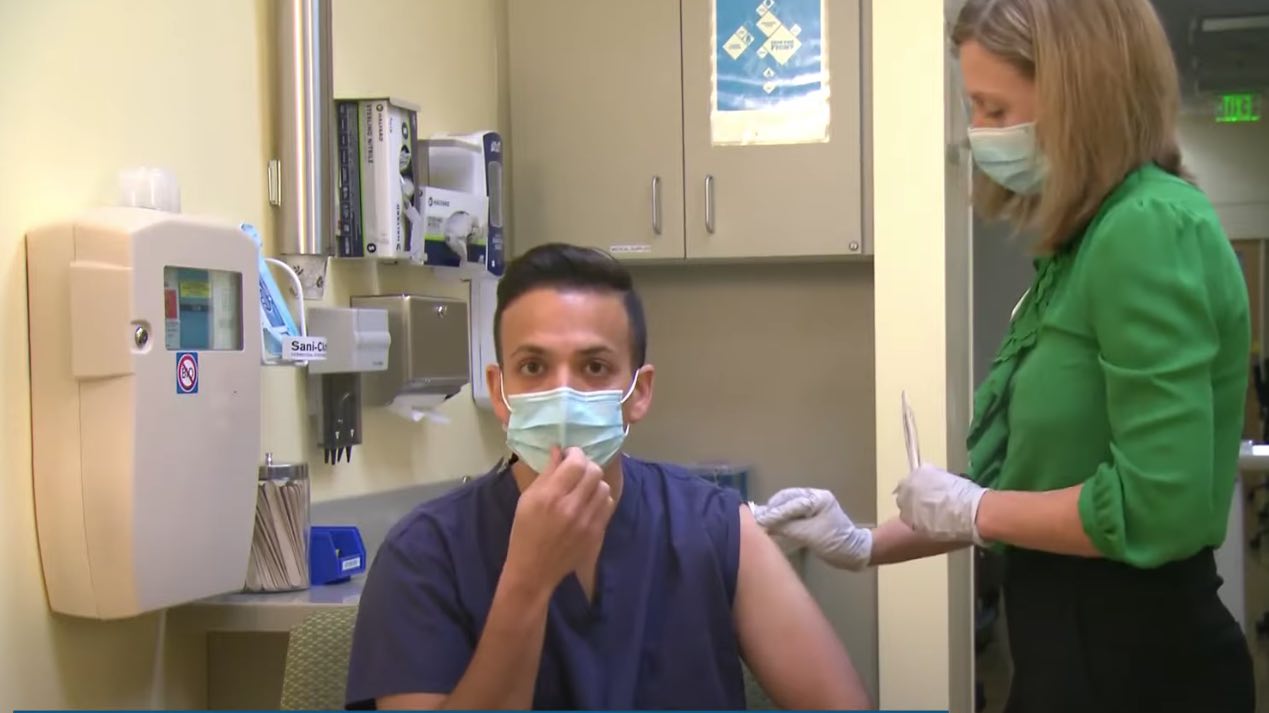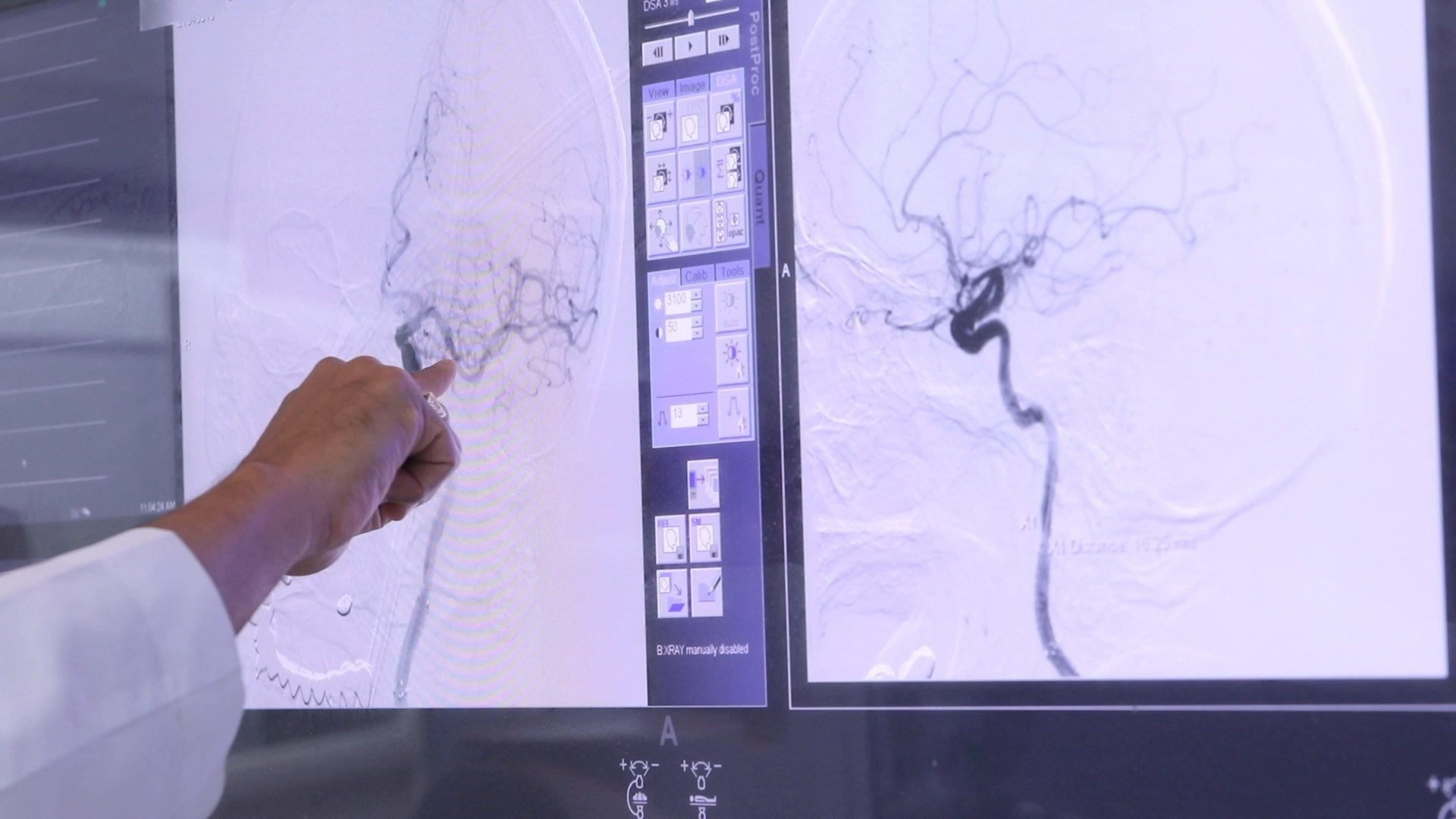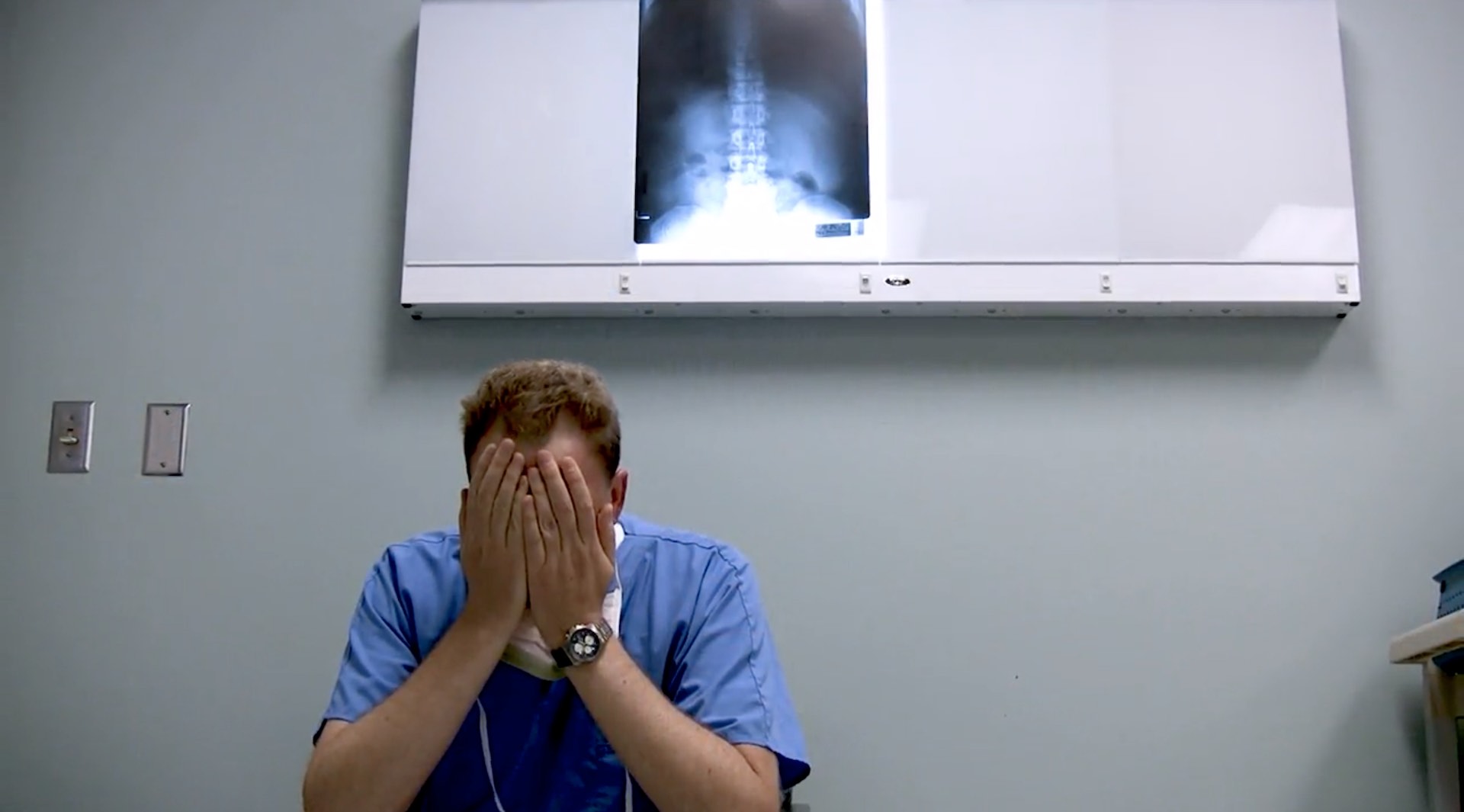Cognitive dysfunction predicts delirium in elderly hip fracture patients
Reuters Health • The Doctor's Channel Daily Newscast
Cognitive impairment increases the odds of pre- and post-operative delirium by 4.7- and 2.9-fold, respectively. With indoor injury, the corresponding elevated risks were 3.6- and 2.9-fold.
Other factors, such as preoperative waiting time and body mass index, were associated with either pre- or postoperative delirium, but not with both, the report indicates.
Although several studies have assessed delirium risk factors in hip fracture patients, few “have made a distinction between preoperative and postoperative delirium, and several studies have excluded patients with dementia or severe dementia,” Dr. Vibeke Juliebo, from Ullevaal University Hospital, Oslo, Norway, and colleagues explain.
The findings, reported in the Journal of the American Geriatrics Society for August, stem from a study of 364 patients, 65 years of age or older, who were treated for hip fracture at two Norwegian hospitals. A standard questionnaire, the Confusion Assessment Method, was used to screen for delirium on a daily basis.
Overall, 21.1% of patients had preoperative delirium and 36.4% had postoperative delirium, the investigators observe.
In addition to cognitive impairment and indoor injury, fever and preoperative waiting time were also risk factors for preoperative delirium. Specifically, fever increased the odds by 3.4-fold, while each hour from admission to surgery increased the risk by 5%.
Postoperatively, a body mass index less than 20.0, in addition to cognitive impairment and indoor injury, was a risk factor for delirium, increasing the odds by 2.9-fold.
“Underweight, an important baseline vulnerability factor, and delay to surgery might constitute targets for future intervention studies,” the authors state. “It remains to be seen whether oral nutrition given up to 4 hours before operation or intravenous nutrition, shorter time from admission to operation and prioritizing patients at risk can prevent delirium.”
Reference:
J Am Geriatr Soc 2009;57:1354-1361.






